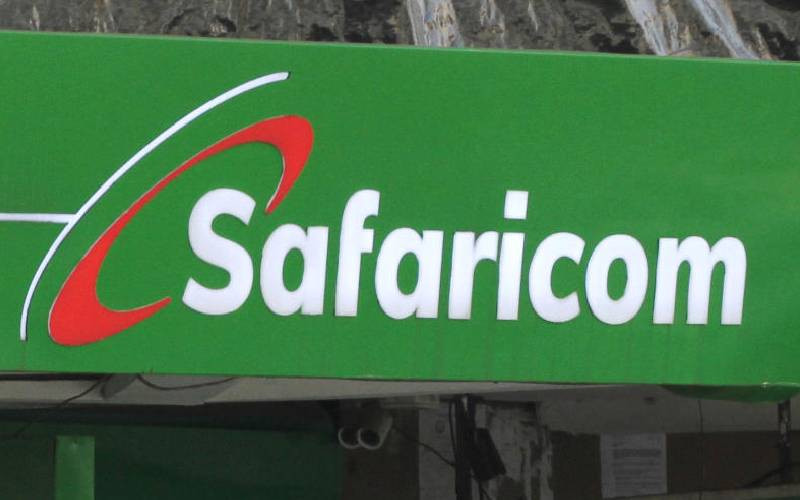×
The Standard e-Paper
Smart Minds Choose Us

Abraham Mbuthia had a dream to transform dukas in Africa to operate like supermarkets by empowering them with simple, affordable, and innovative technology.
His start-up Uzapoint was born of this idea. It is a booking solution tailor-made for the small and medium enterprises (SMEs) market.







